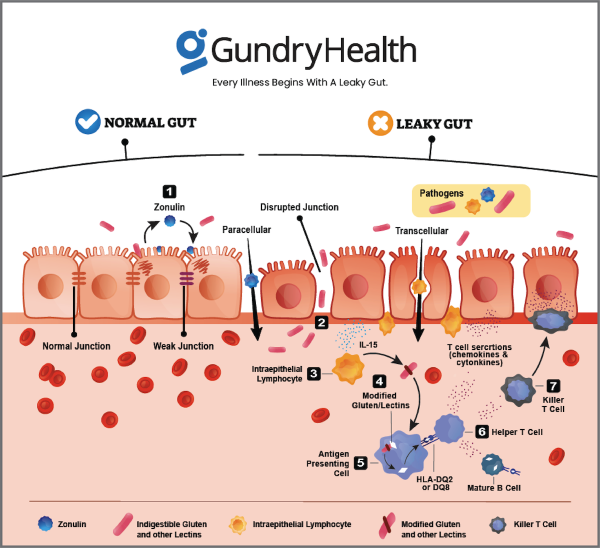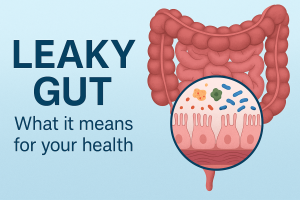Unveiling the Marvels of Polyphenols: A Guide to Boosting Your Health with Gundry Health
Imagine a plate adorned with vibrant kale, deep red beets, and luscious avocados. What ties these diverse plant-based foods together? The secret lies in plant polyphenols – the phenolic compounds responsible for the colors, flavors, and numerous health benefits of your favorite vegetables and fruits.
Diverse Categories of Polyphenols
Polyphenols are categorized into various types, each contributing to the colorful spectrum of plant-based foods. Recognizing their alternative names is key to ensuring you reap the benefits:
- Quercetin
- Flavonoids
- Kaempferol
- Catechins
- Anthocyanins
Making Hard, Easy.
These polyphenols can be found in an array of foods, such as red cabbage, onions, and the delightful indulgence of dark chocolate. Together, they make up a substantial 60% of the world’s polyphenols. Phenolic acids, comprising about 30%, are present in vegetables, in-season fruits, and lectin-friendly seeds like sesame and flaxseeds.
Savoring the Goodness of Polyphenols: Dietary Tips
Whether derived from green tea, coffee, red wine, or leafy green veggies, polyphenols offer potent antioxidant properties that combat oxidative stress. Their positive impact on heart health is particularly noteworthy, supporting healthy circulation.
Polyphenols and Your Gut Bacteria
In the quest for overall well-being, your gut takes center stage. Housing nearly 100 trillion bacteria, the gut microbiota plays a crucial role in your health. Polyphenols, present in vibrant foods like leafy greens, cruciferous vegetables, green tea, and red wine, exert a prebiotic effect. They nourish your beneficial gut bacteria, fostering a robust environment that helps outnumber harmful bacteria.
Green Tea and Red Wine: A Polyphenol Powerhouse
Green tea, with its abundance of polyphenols like Epigallocatechin gallate (EGCG), stands out as a global favorite. Known for its immune support and antioxidant prowess, green tea retains its potency through a unique steaming process.
Red wine, another delightful source of polyphenols, boasts a remarkable 202 milligrams per glass. The polyphenol resveratrol in red wine contributes to its health benefits. However, moderation is key, with no more than 6 ounces per day recommended.
Polyphenols for Heart Health
Recent studies underline the positive impact of polyphenols on heart health, further establishing them as invaluable micronutrients that support various facets of well-being.
Embrace the Polyphenol Lifestyle with Gundry Health
Polyphenols, truly one of nature’s most beneficial gifts, elevate the taste and appearance of your food while offering multifaceted health support. Make polyphenol consumption a daily ritual, whether through kale, cruciferous vegetables.
Stay abreast of the latest in polyphenol research by setting up alerts for the term. Your journey to optimal health is just a plate of polyphenol-rich foods away. Join Gundry Health on this transformative voyage, where our online clinical telehealth expertise in autoimmune disease treatment awaits. Convert to membership and embark on a life enriched by the power of polyphenols.
Sources:
- PubMed – Polyphenols: Antioxidants and Beyond
- American Journal of Clinical Nutrition – Polyphenols: Antioxidants and Beyond
- PubMed – The gut microbiota in health and in disease
- PubMed – Beneficial effects of green tea: A literature review
- PubMed – Polyphenols and the Human Brain: Plant “Secondary Metabolite Modulators of Immune Function and Redox Signaling”







